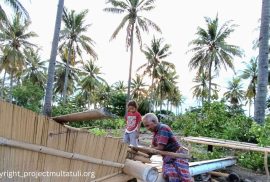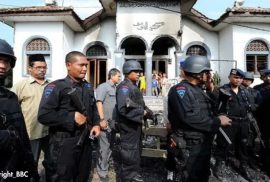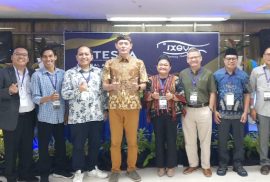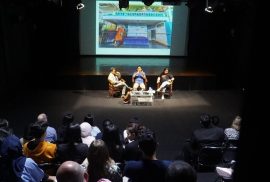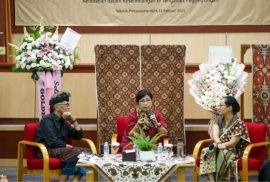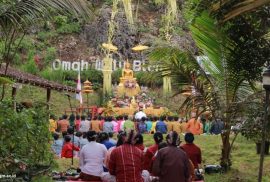Rezza Prasetyo Setiawan
Decolonization is a collective effort that seeks to span many sectors, including the domain of law. On January 2, 2023, Indonesia legalized a new penal code (Undang-Undang nomor 1 Tahun 2023 tentang Kitab Undang-Undang Hukum Pidana) which will come into effect on January 2, 2026. The new penal code (hereinafter referred to as KUHP 2023) will replace Wetboek van Strafrecht (WvS), a Dutch-constructed penal code which has long been the foundation for Indonesian criminal law.
Indonesian politics of religion and the related issues of religious freedom in Indonesia are tightly linked to the old penal code. The controversial Article 156a on religious blasphemy is often used as a tool to criminalize religious minorities. Currently, the seventh chapter of KUHP 2023, which includes Articles 300 to 305, specifically regulates matters related to religion or belief. Thus, changes brought by this recodification of the penal code garnered attention on how it would impact Indonesian politics of religion, specifically in matters of religious freedom.



